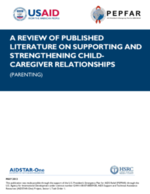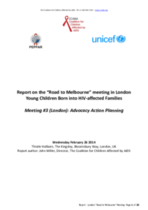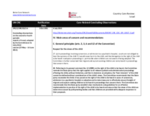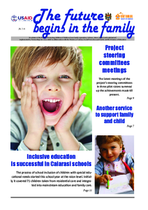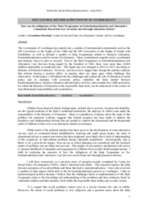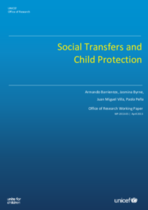Providing Alternatives to Infant Institutionalization in Bulgaria: Can Gatekeeping Benefit from a Social Development Orientation?
This paper provides details of research into the gatekeeping system in Bulgaria for children under three and examples from recent Bulgarian and international practice. It suggests that gatekeeping could benefit from a social development orientation including activities to combat poverty and promote social inclusion through supporting community and family strengths.

